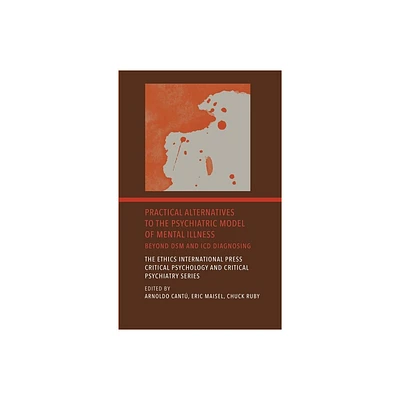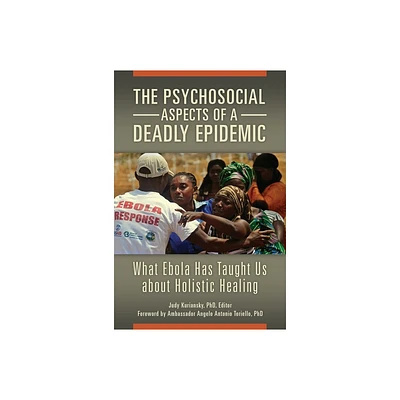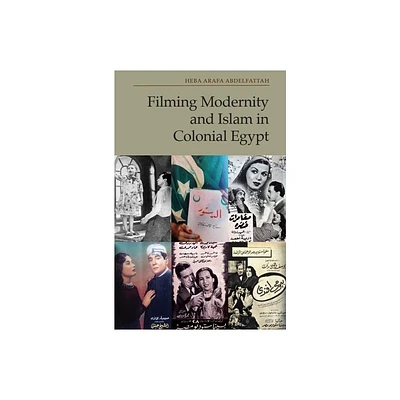Home
Critical Psychology Praxis: Psychosocial Non-Alignment to Modernity/Coloniality
Loading Inventory...
Barnes and Noble
Critical Psychology Praxis: Psychosocial Non-Alignment to Modernity/Coloniality
Current price: $180.00


Barnes and Noble
Critical Psychology Praxis: Psychosocial Non-Alignment to Modernity/Coloniality
Current price: $180.00
Loading Inventory...
Size: Hardcover
*Product Information may vary - to confirm product availability, pricing, and additional information please contact Barnes and Noble
This collection of chapters advances critical psychology by incorporating praxis (theory and practice) and decolonial streams of thought. They are united around a theme of psychosocial non-alignment to modernity/coloniality.
Bringing together a transdisciplinary range of authors from around the world, this edited volume weaves together a spectrum of complex arguments and perspectives to lay the foundations for bridging the Global North–South divide in critical psychology through solidarity and dialogue. The book’s central argument is to emphasize praxis and transdisciplinarity over disciplinary fundamentalism. Psychology is only a starting point and not the end goal of critique in this book; incidentally, some of the authors are not even psychologists. Instead, the book draws on decolonial theoretical resources, such as Chican@ Studies, Black Male Studies, and Critical Pedagogy, to complement traditional theoretical resources like psychoanalysis, Marxism, poststructuralism, and feminism.
This groundbreaking text is suitable for scholars and upper-level undergraduate and postgraduate students studying critical discourse, the psychology and philosophy of post-coloniality, conceptual and historical issues in psychology, as well as anthropology and sociology courses engaging with action research.
Bringing together a transdisciplinary range of authors from around the world, this edited volume weaves together a spectrum of complex arguments and perspectives to lay the foundations for bridging the Global North–South divide in critical psychology through solidarity and dialogue. The book’s central argument is to emphasize praxis and transdisciplinarity over disciplinary fundamentalism. Psychology is only a starting point and not the end goal of critique in this book; incidentally, some of the authors are not even psychologists. Instead, the book draws on decolonial theoretical resources, such as Chican@ Studies, Black Male Studies, and Critical Pedagogy, to complement traditional theoretical resources like psychoanalysis, Marxism, poststructuralism, and feminism.
This groundbreaking text is suitable for scholars and upper-level undergraduate and postgraduate students studying critical discourse, the psychology and philosophy of post-coloniality, conceptual and historical issues in psychology, as well as anthropology and sociology courses engaging with action research.


















